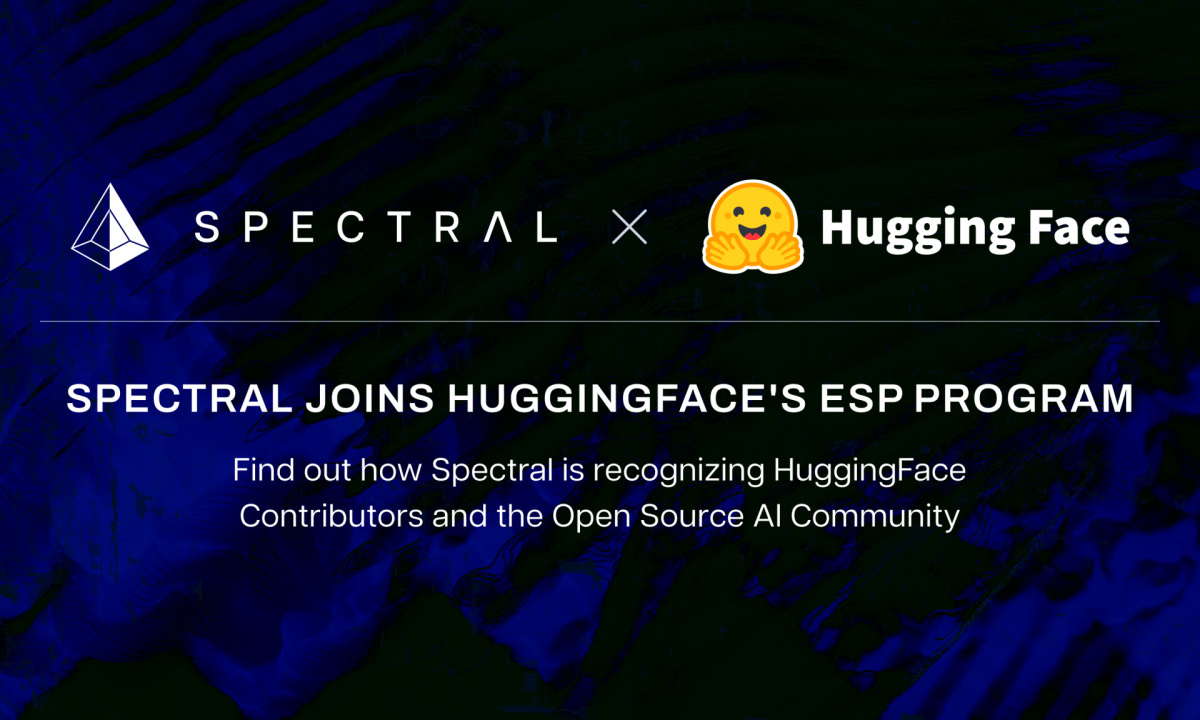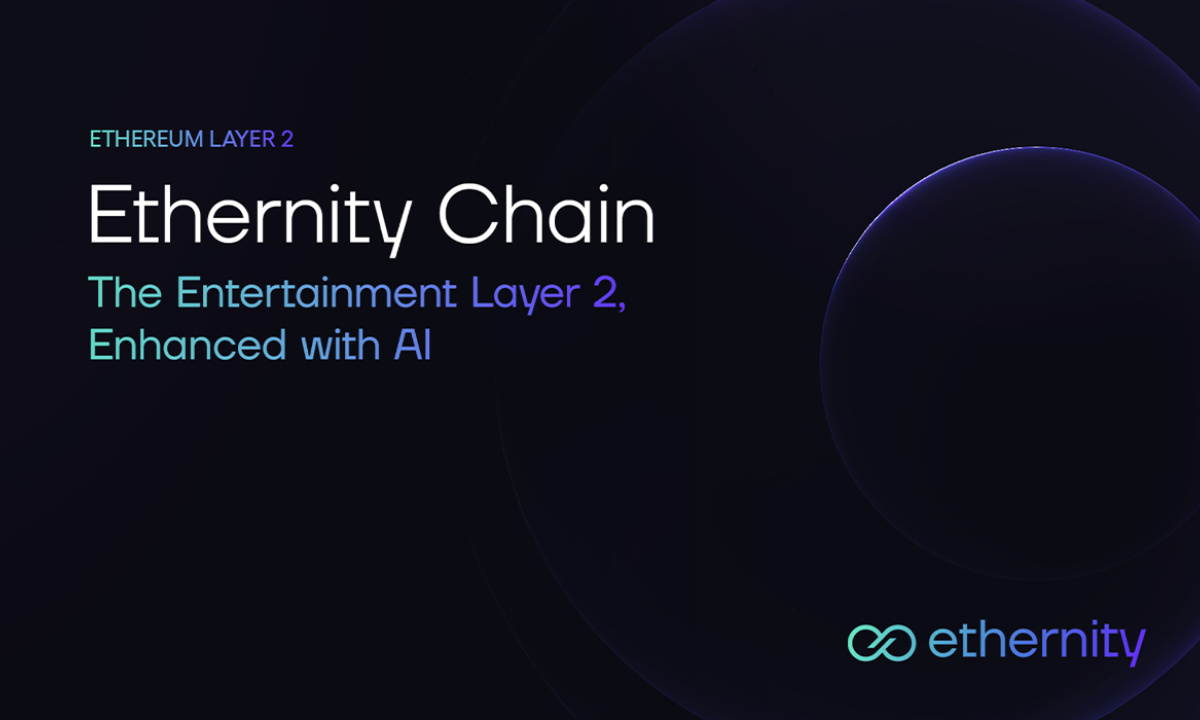Understanding Decentralized Currency
Decentralized currency, also known as peer-to-peer currency, refers to the transfer of wealth or ownership of any other commodity without the involvement of a third party. Unlike traditional currency, which is controlled by a central authority, decentralized currency eliminates the need for a centralized authority to honor financial obligations. This centralized control often leads to financial crises and loss of control over personal finances, as the value of the currency is subject to the discretion of the authority.
Decentralized currencies are primarily used in virtual markets and are represented by encrypted code that is easily verifiable but impossible to replicate. The value of these currencies is solely determined by market demand, without any influence from a central authority. This ensures that the value cannot be manipulated or altered by any entity.
In addition, decentralized currencies are often borderless, allowing for seamless and cost-effective international payments. They are also immune to inflation or deflation, providing stability in a rapidly changing financial landscape. The rapid development of decentralized currencies is revolutionizing the way we transfer and quantify value and wealth.
Author: Travis Moore, CTO of Frax
Bio: Travis Moore is an angel investor, programmer, entrepreneur, and the CTO of Frax, the world’s first fractional algorithmic stablecoin that is partially backed by collateral and stabilized algorithmically. Frax is open-source and permissionless, bringing a truly trustless, scalable, and stable asset to the future of decentralized finance. Moore is also co-founder of the blockchain-based knowledge base, Everipedia. Moore has a triple-major from UCLA in Neuroscience, Biochemistry, and Molecular, Cell, & Developmental Biology. His passions are artificial intelligence and blockchain technology, which he believes are the two industries that will impact the world the most in the coming decade.
Powered by Froala Editor











